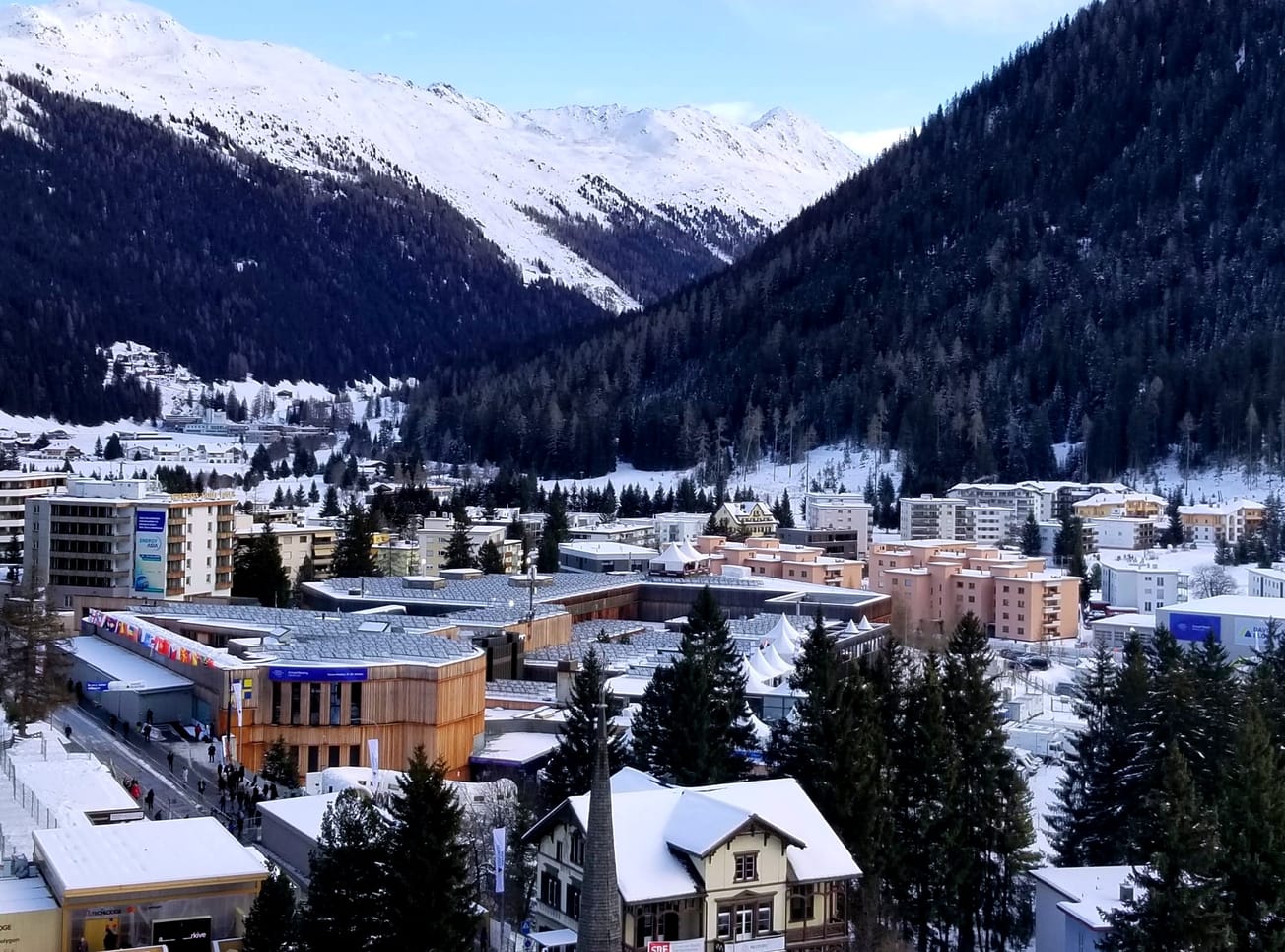Italy’s Prime Minister Giorgia Meloni said her nation is still mulling its options but could maintain "good relations" with China without being part of its controversial Belt and Road Initiative.
The far-right nationalist leader – who had indicated to U.S. leaders that her nation would exit the investment pact by the end of the year – said on Sunday she has not yet decided whether to withdraw from Beijing's $1 trillion global infrastructure program, also known as the New Silk Road.








